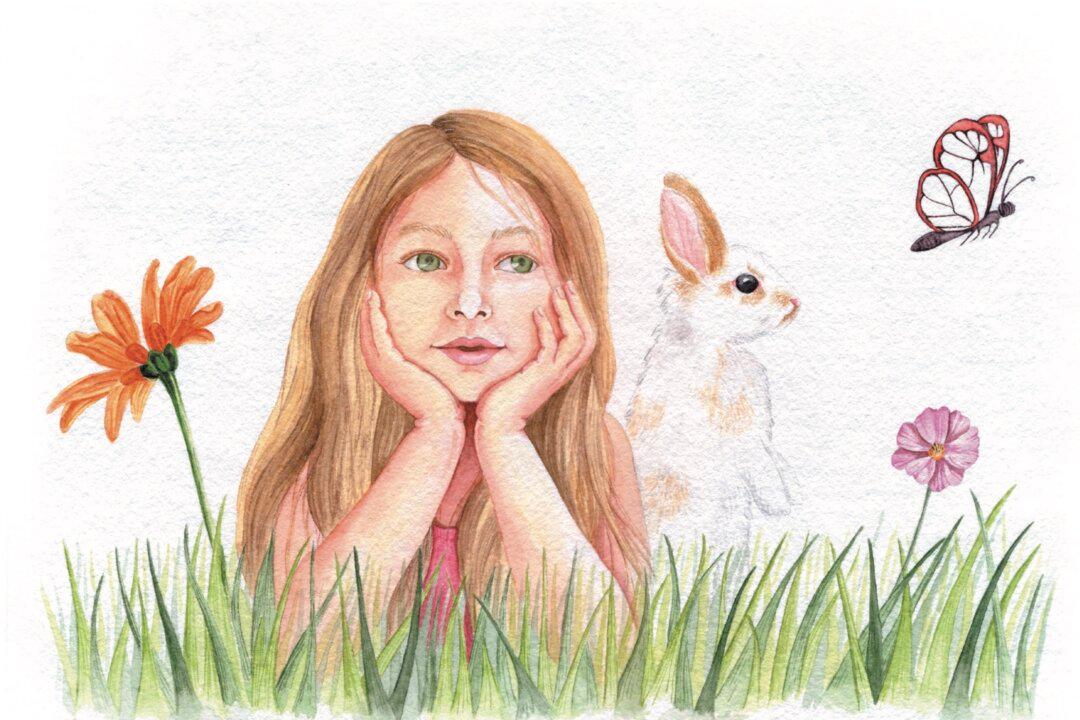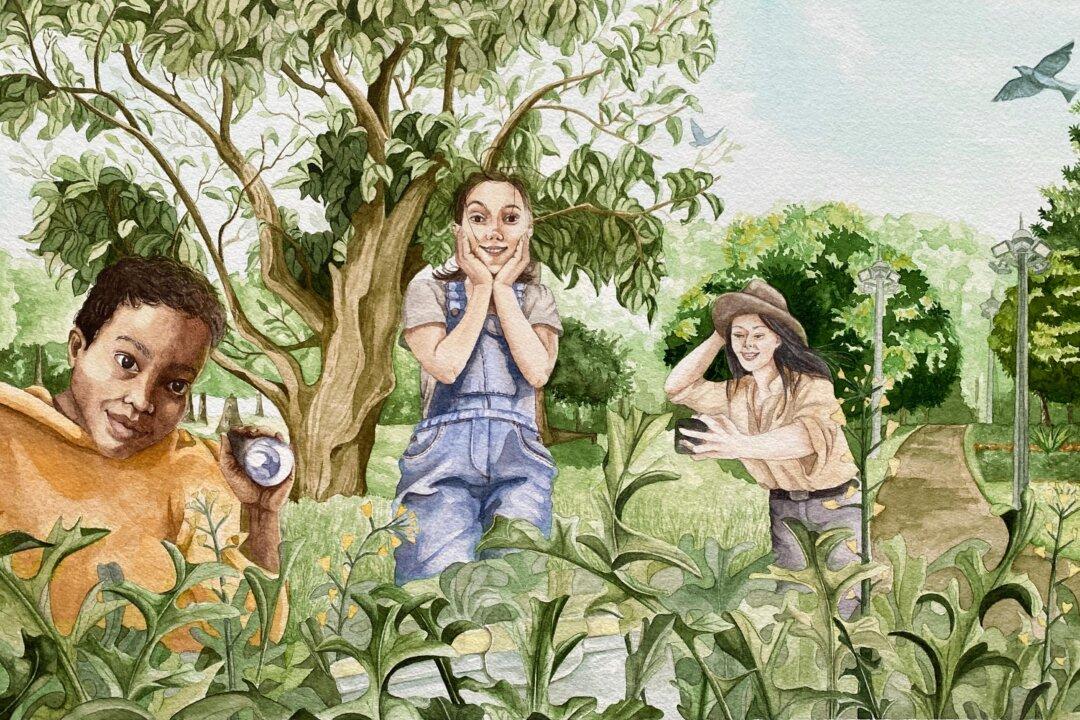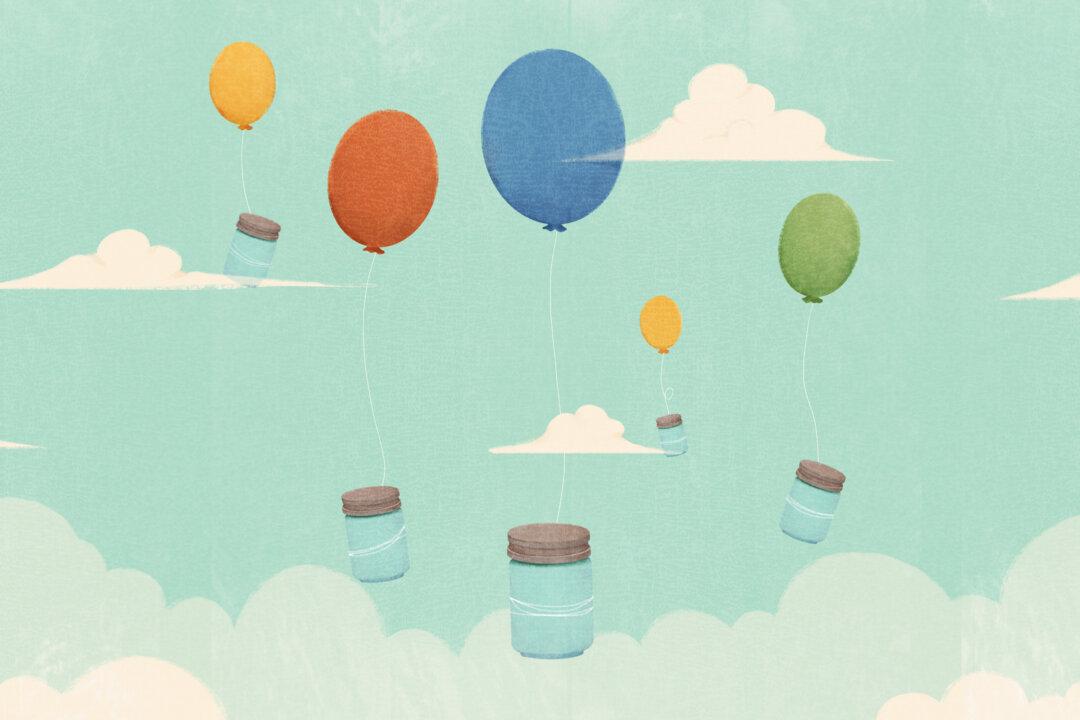Summer is usually thought of as lazy days around the pool, amusement parks, hanging out with friends, and hopefully having enough time to get bored, and I’m not talking about just for the kids, I’m talking about for the parents, too. Unfortunately, after the crazy year we’ve had, if you’re a parent, you’re probably feeling like you should spend the summer tutoring your child so they can catch up with all of the education they lost over the past school year. You’re picturing temper tantrums and resentment as your child sits at the kitchen table with worksheets in front of them. They dig in their heels, refusing to do the few items you’ve asked them to do, and you’ve dug in your heels too, insisting they won’t leave the table until they do.
Teaching and learning doesn’t have to be this way. Here are some ways you can help your child, without the tears, without the tantrums, and you may both actually learn something and enjoy yourself.





